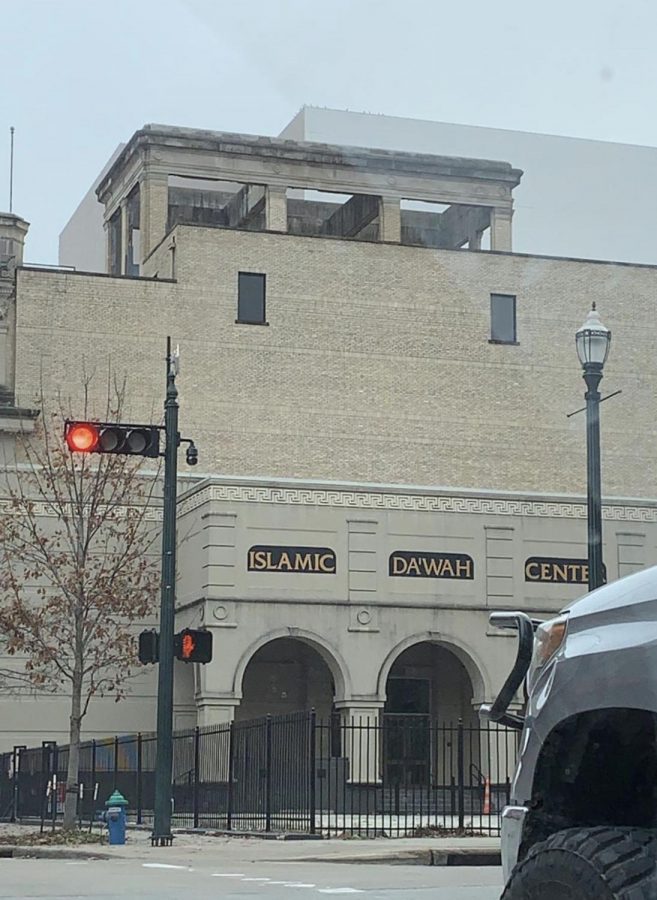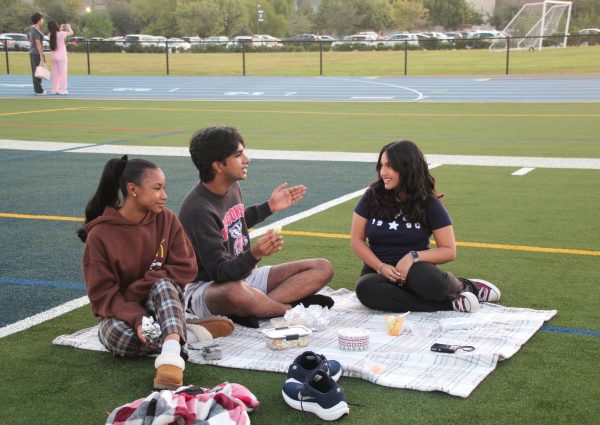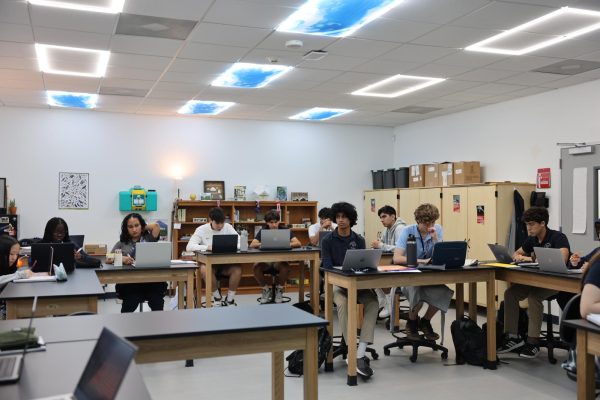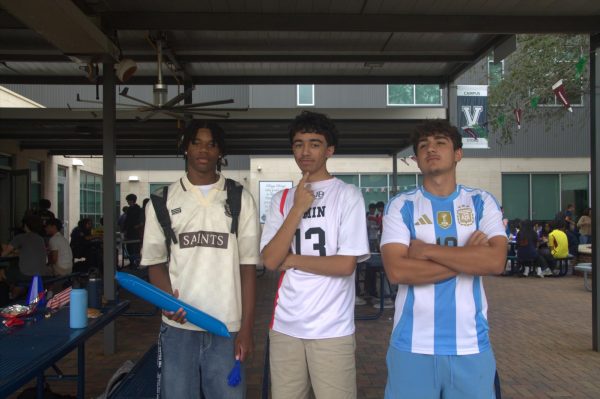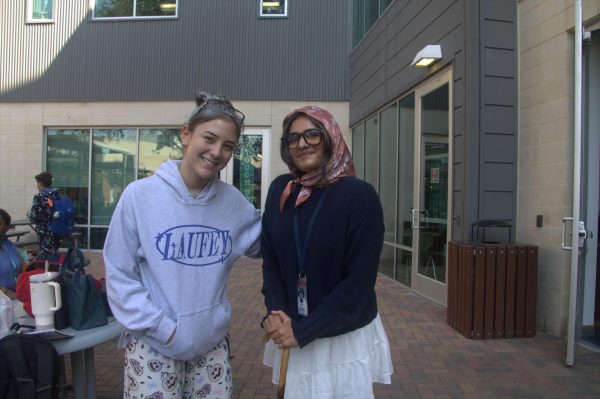Ramadan at Village
2 billion people worldwide are observing Ramadan. It is the ninth month of the Muslim calendar where observers fast, without consuming food or water from dawn to dusk. The majority of Muslims wake up before dawn to eat “breakfast,” also known as sahur. The meal eaten at sunset is called iftar, and they repeat this sequence for 29 to 30 days each year, depending on the crescent moon.
“Ramadan is an opportunity for Muslims to come closer to Allah,” said Omar Abdul Fatah, a Muslim teacher at a school in Vancouver, Canada. “Muslims believe that Ramadan is the month in which the Holy Quran was revealed to the Prophet Muhammad. During Ramadan, Muslims refrain from eating and drinking from dawn until dusk. In addition, we make an added effort to avoid negative speech such as lying and gossiping.”
Ramadan is time devoted to worship, humbling yourself, and helping people who are less fortunate. Ramadan also teaches self-discipline, self-control, empathy for others, and patience. Here at the Village School, watching others eat during lunch while you just sit there watching is a tough task.
The holy month is required for all Muslims who have hit puberty to practice, with some exceptions being illness, travel, menstruation and breastfeeding. Then, when Ramadan ends, Muslims celebrate Eid-al-Fitr, a holiday where people gather to pray and eat. Every country celebrates this holiday differently, whether it be the food they eat, the clothes they wear, or the activities they do. Having established a recent prayer space at The Village School, the school community is constantly trying to become more aware of international holidays and students that must pray and fast for Ramadan.

